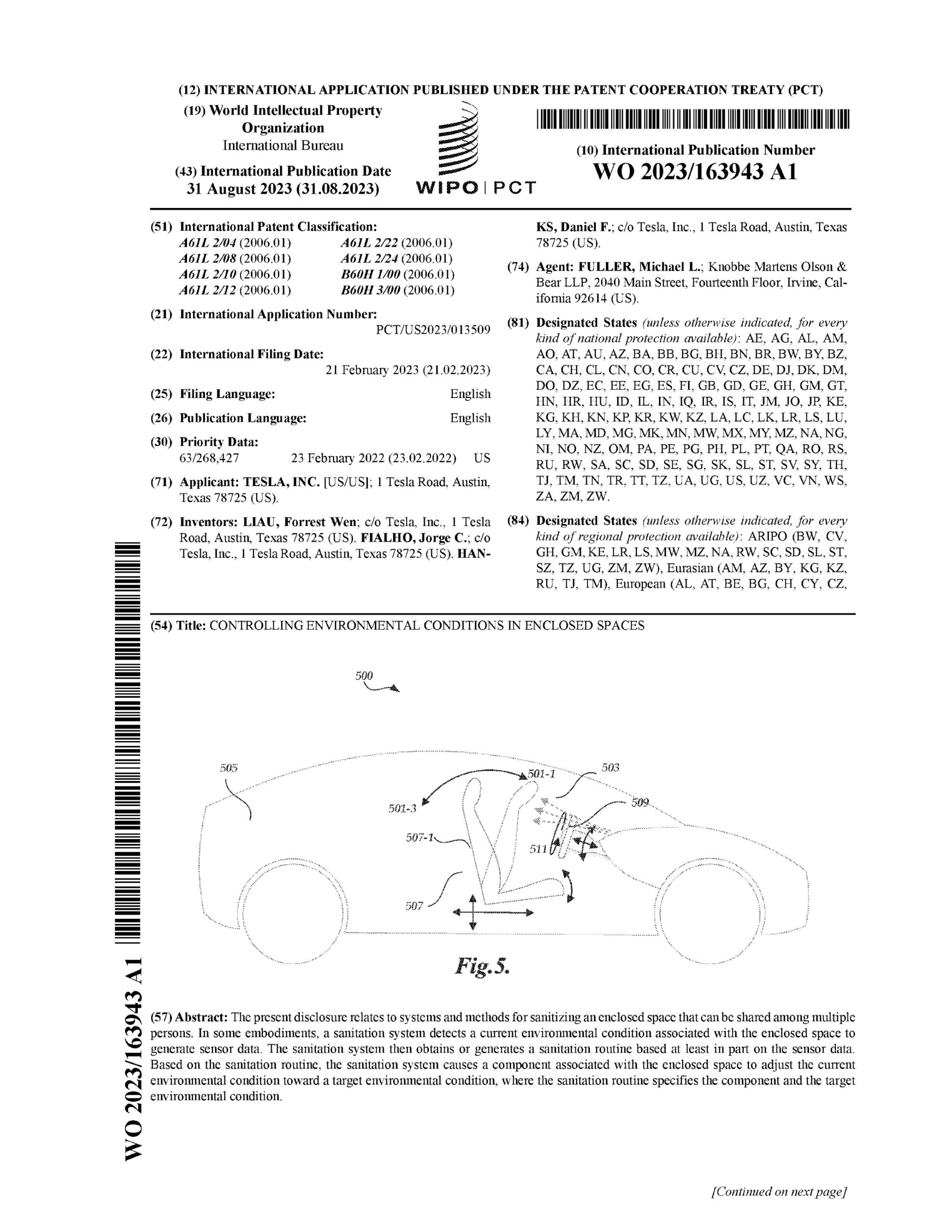Eldorado Gold Quebec, which operates the Lamaque underground mine in Val-d’Or, says it has become the first mining company in Quebec to integrate a Sandvik TH550B battery-electric truck into its fleet.
This truck, with a maximum capacity of 50 t, will play a key role in improving production efficiency, protecting the health and safety of workers, but above all in mitigating our gas emissions, the mining company said.
The introduction of these electric trucks is part of the strategy of progressive electrification of the equipment fleet at Lamaque, and also supports efforts to electrify transportation in the Sigma-Lamaque underground ramp, the company said. As the first mining company in Canada to adopt this technology, Eldorado Gold Québec has worked closely with Sandvik to develop these trucks.
Sylvain Lehoux, Vice-President, Canada, said: “We are pleased to be able to begin the electrification of our underground operations thanks to the arrival of this electric truck, which will bring us several benefits, particularly in terms of mitigating our GHG emissions, but also for improving certain aspects of the health and safety of our employees. Over the next few weeks, our employees will be trained and this equipment will be in the testing phase in our operations. We are all looking forward to seeing this technology in action and actively pursuing our efforts to decarbonise our operations.”
Although the Lamaque mine is already recognised as one of the lowest GHG-emitting gold mines in the world, thanks in large part to access to hydroelectricity and the implementation of energy efficiency projects, it is expected that the use of these electric trucks will, once fully functional, reduce GHG emissions estimated at 1,700 tCO2 per year, the company says. This reduction is explained by the absence of diesel consumption and the 100% use of renewable electricity supplied by Hydro-Québec.


